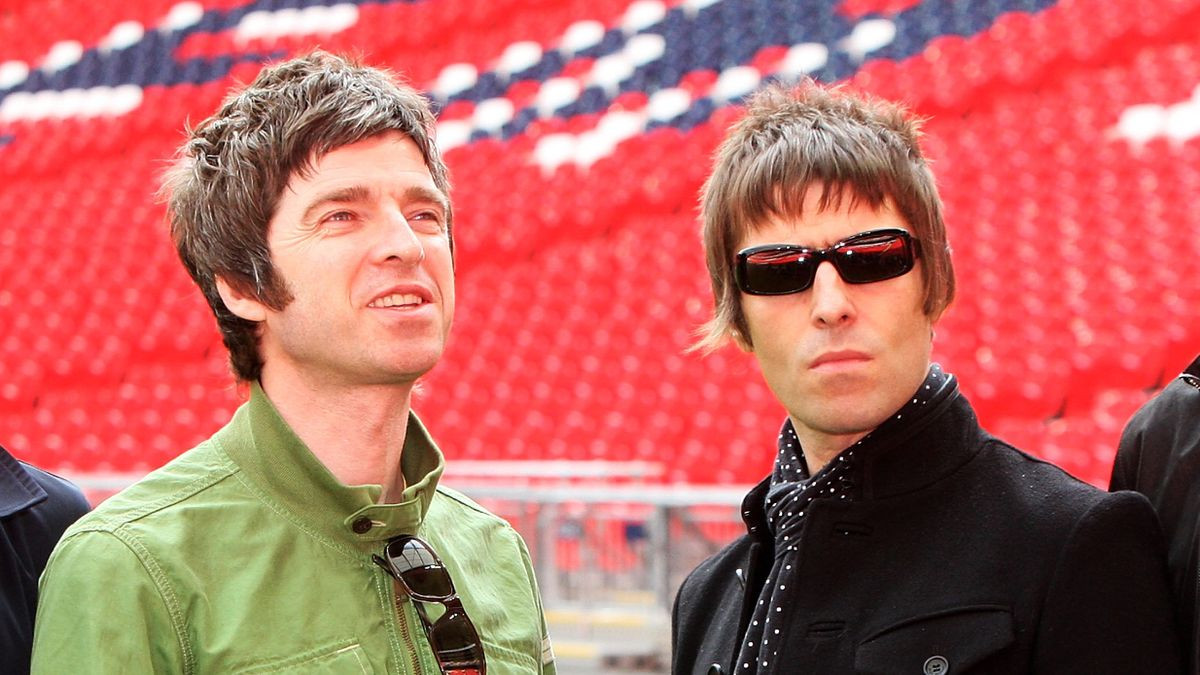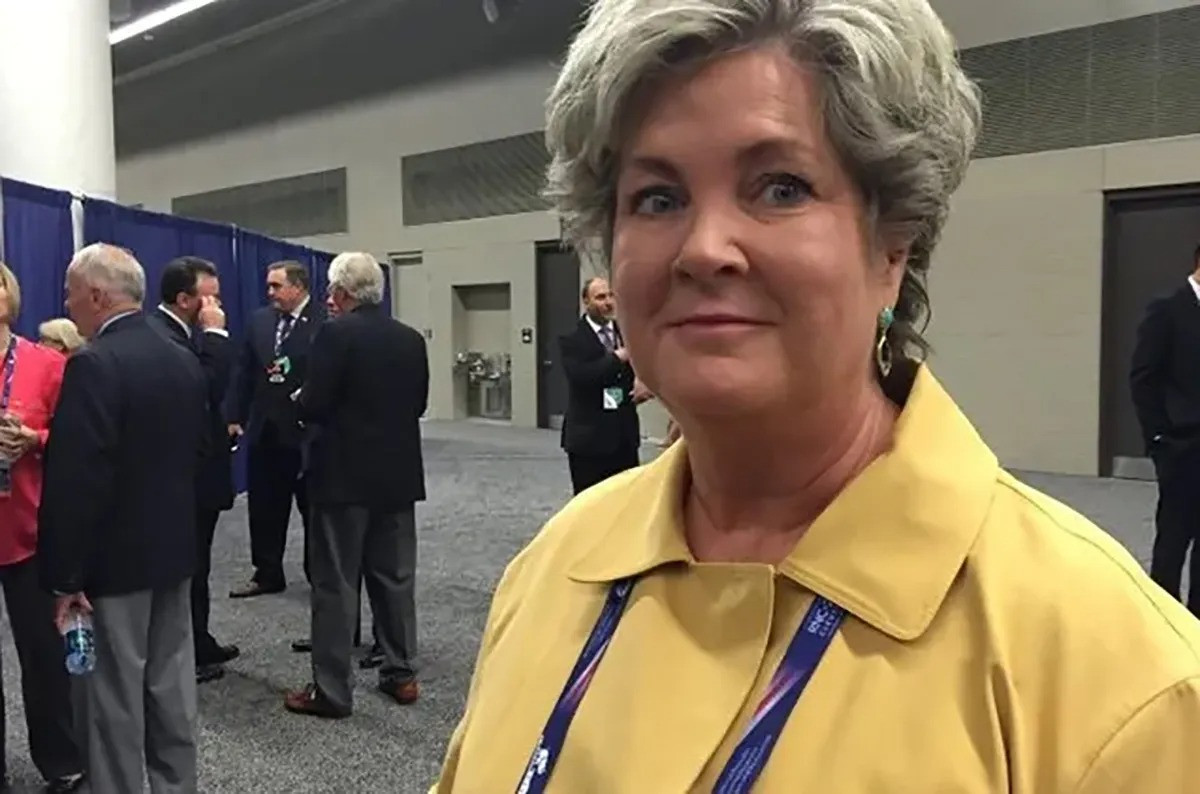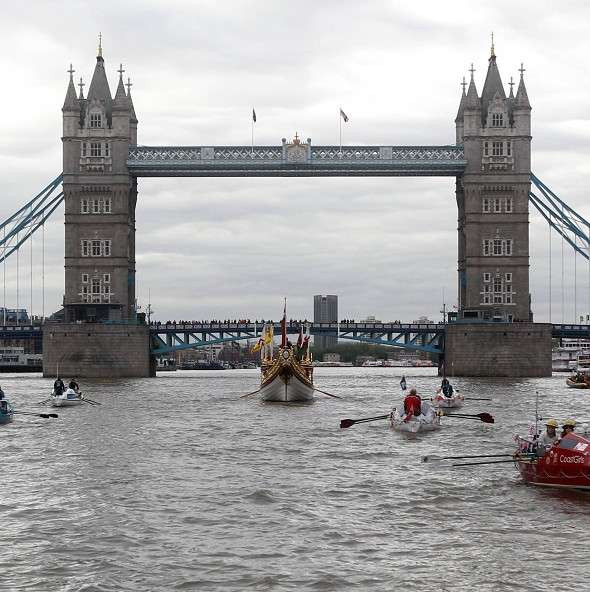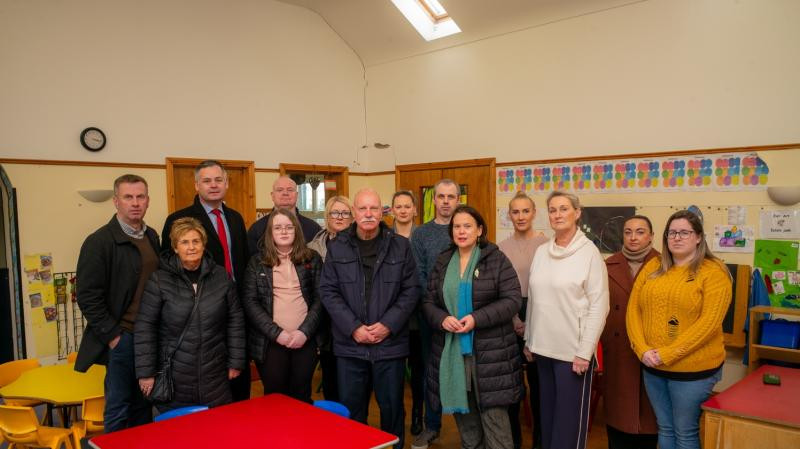As many fans in their mid-40s gear up for Oasis's monumental reunion tour next summer, a sobering reality has come to light: only 11 of the 34 grassroots music venues that hosted the band on their first tour are still open today. The shocking revelation serves as a stark reminder of the fragility of the UK’s live music scene – a scene that once birthed the very legends now poised to rake in a staggering £400 million from their upcoming stadium gigs.
The Music Venues Trust (MVT) dropped this bombshell news on Instagram, just as Noel and Liam Gallagher announced their long-awaited truce and plans for the OASIS LIVE 25 tour. The post featured a graphic showing the venues where the Mancunian lads first strummed the chords of what would become Britpop anthems, now sadly crossed out.
It’s enough to make any fan wonder, “Where did it all go wrong?” From the Angel in Bedford to Lucifer’s Mill in Dundee, these once-vibrant spaces are now mere memories—places where a few hundred lucky souls first heard the riffs of Supersonic and the melancholic beauty of Live Forever.
Mark Davyd, CEO of the Music Venues Trust, didn’t mince words when he called on the big players in the industry to step up. “Oasis getting back together is great news. It creates jobs, boosts the economy, and spreads joy. Let’s use the opportunity to finally get the music industry to understand where that all starts.
These brilliant shows should be contributing to the grassroots sector. I hope they do,” he urged.
Indeed, with a reported £400 million expected to roll in from the band’s 14 stadium dates next summer, there’s no shortage of cash. But as Liam and Noel are set to belt out Don’t Look Back in Anger to packed crowds in Cardiff, Manchester, London, Edinburgh, and Dublin, the question looms—what will be left for the next generation of guitar-wielding hopefuls?
The closure of these venues isn’t just a hit to the music scene; it’s a blow to local communities. These are places that offered a stage to the unknowns, the unsung heroes of rock and roll who, like Oasis, might one day go on to sell out stadiums. As the MVT pointed out: “That’s 23 communities that aren’t getting the chance to hear the chords of the next ‘Definitely Maybe’ for the first time.”
2023 has been a particularly brutal year for grassroots venues. According to MVT, a staggering 125 venues have shut their doors, resulting in the loss of 4,000 jobs, 14,500 cancelled events, and nearly 200,000 missed opportunities for musicians to strut their stuff. As the closures continue at a rate of two per week, it’s no exaggeration to say that the UK’s grassroots music scene is teetering on the edge of a cliff.
The call for a mandatory ticket levy on arena and stadium gigs grows louder—a way to funnel some of the wealth generated by the likes of Oasis back into the smaller venues that helped launch their careers. After all, it’s these intimate, sweaty rooms where the magic truly happens, where a band’s raw potential is first recognized and nurtured.
As the Gallagher brothers prepare to reignite the Britpop flame, let’s not forget the venues that lit the spark in the first place. The OASIS LIVE 25 tour might be the biggest music event of the year, but the real battle is ensuring there are still stages for future generations to cut their teeth on. So, as you scramble to secure tickets this Saturday, spare a thought for the Angel in Bedford, the Wherehouse in Derby, and all the other venues that are no longer with us.
The Missing Link: A Crisis in UK Grassroots Music Venues
The Music Venues Trust (MVT) has today (August 27) reminded Oasis fans that only 11 of the 34 grassroots venues they performed on their first tour remain open today. The news was shared after the band finally reunited today following a 15 year hiatus. The band will embark on a huge stadium tour of the UK that will see them perform in Cardiff, Manchester, London, Edinburgh and Dublin.
Amid this news, the MVT has pointed out that only 11 of the 34 grassroots venues where Oasis had their early shows remain open today. The band’s first tour was key in helping the band to develop a big grassroots following as well as helping them to develop and hone their craft before the release of their debut album, ‘Definitely Maybe’, propelled the band into the spotlight.
In a post on Instagram that included a graphic crossing out the venues that no longer exist, MVT wrote: “The sobering reality that only 11 of the 34 grassroots music venues that Oasis played on their first tour still exist today.
“Gone are 23 spaces that took a punt on a new band from Manchester who would become one of the most iconic in British music history. That’s 23 communities that aren’t getting the chance to hear the chords of the next ‘Definitely Maybe’ for the first time.
“Let’s protect the sacred live music spaces we have in the UK, ensuring that both fans and the next generation of superstars have the same opportunities @Oasis had.”
Figures from the UK grassroots live music scene spoke to NME previously about how 2023 was the “worst year for venue closures” – calling upon the upper echelons of the industry to contribute and for the government to introduce a mandatory ticket levy on arena and stadium gigs or face “disaster”.
Last year, it was revealed that the UK was set to lose 10 per cent of its grassroots music venues in 2023. An MVT report warned that grassroots gig spaces in the UK were “going over a cliff” – shutting off the pipeline of future talent without urgent government action and investment from new large arenas.
A Dire Warning: The State of UK's Live Music Venues
MVT’s stats showed that 2023 saw 125 grassroots venues shut down – causing a loss of 4,000 jobs, with 14,500 events no longer possible and 193,230 opportunities lost to musicians. Earlier this year, the Music Venue Trust delivered their full report into the state of the sector for 2023, showing the “disaster” facing live music with venues closing at a rate of around two per week. Presented at Westminster, the MVT echoed their calls for a levy on tickets on gigs at arena size and above and for major labels and such to pay back into the grassroots scene, arguing that “the big companies are now going to have to answer for this”.
MVT CEO Mark Davyd has now said the huge Oasis shows present an “opportunity” to contribute to the “grassroots sector” and understand where bands like Oasis begin. ‘OASIS LIVE 25’ is reportedly set to make a staggering £400million, and will follow the release of the expanded ‘Definitely Maybe’ 30th anniversary reissue this Friday (August 30).
Davyd said: “Oasis getting back together is great news. It creates jobs, boosts the economy and spreads joy. Let’s use the opportunity to finally get the music industry to understand where that all starts. These brilliant shows should be contributing to the grassroots sector. I hope they do.”
The Future of Music: A Call to Action
The OASIS LIVE 25 world tour will see, currently, the band play 14 stadium dates set to take place between Cardiff, Manchester, London, Edinburgh and Dublin next summer. These will be the band’s only shows in Europe in 2025, but a press release states that “plans are underway for OASIS LIVE 25 to go to other continents outside of Europe later next year”
The world’s defining voice in music and pop culture: breaking what’s new and what’s next since 1952. When you purchase through affiliate links on NME.com, you may contribute to our site through commissions. Learn more © 2024 NME is part of NME Networks.

















